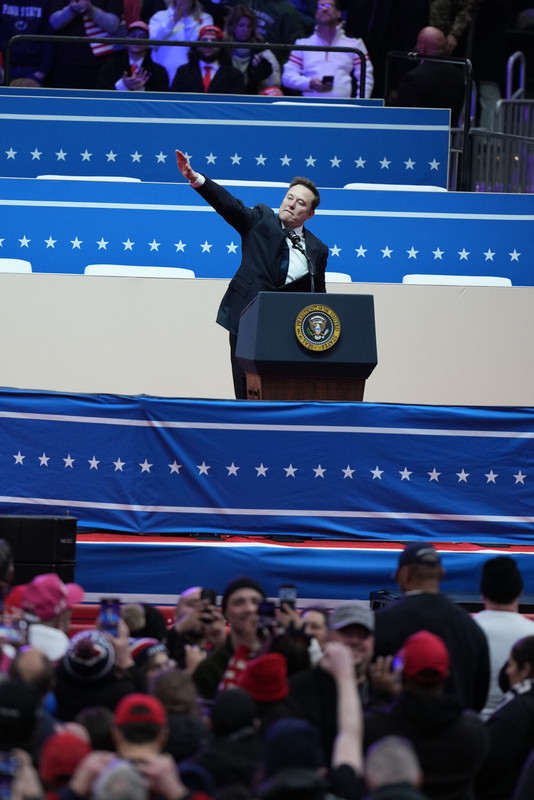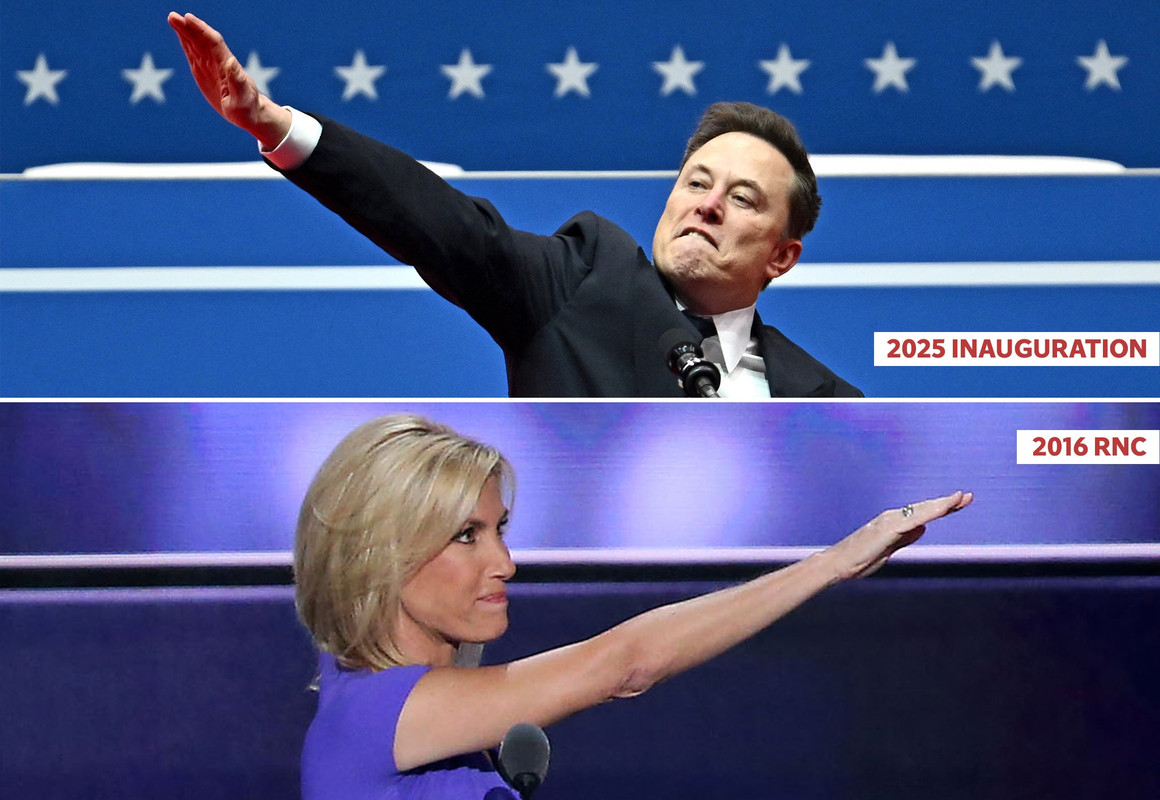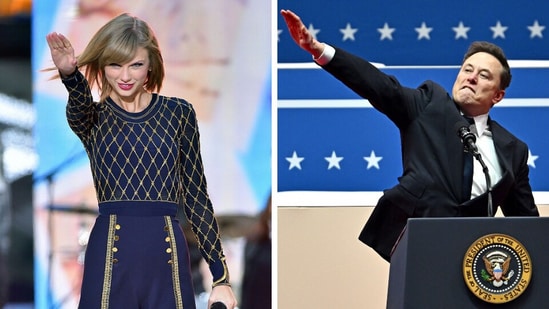VP Vance warns US will use sanctions, military action if Putin doesn’t agree to Ukraine peace deal: report
Vice President JD Vance on Thursday reportedly warned that the U.S. wouldn’t rule out tough sanctions or even potential military action against Russia if President Vladimir Putin didn’t come to the negotiating table on a deal that would guarantee peace for Ukraine.
In speaking with The Wall Street Journal, which was the first to report on Vance’s comments, the vice president said sending U.S. troops to Ukraine was "on the table" if Russia failed to negotiate in good faith.
Vance said there are "economic tools of leverage [and] there are, of course, military tools of leverage" that the U.S. could use against Putin.
"I think there is a deal that is going to come out of this that’s going to shock a lot of people," Vance told The Journal.
Vance’s comments came a day before the vice president is expected to meet with Ukrainian President Volodymyr Zelenskyy in Munich. The discussions will be closely watched by European leaders to gauge where President Trump stands on negotiating an end to the Russia-Ukraine war, which is nearing three years.
President Trump had what he described as a "lengthy" phone call with Putin on Wednesday, which included the Russian leader agreeing to "immediately" begin negotiations over the war in Ukraine.
Writing on his social media platform Truth Social, Trump said the two leaders "agreed to work together, very closely."
"We have also agreed to have our respective teams start negotiations immediately, and we will begin by calling President Zelenskyy, of Ukraine, to inform him of the conversation, something which I will be doing right now. I have asked Secretary of State Marco Rubio, Director of the CIA John Ratcliffe, National Security Advisor Michael Waltz, and Ambassador and Special Envoy Steve Witkoff, to lead the negotiations which, I feel strongly, will be successful."
Vance and Secretary of State Marco Rubio are scheduled to lead the U.S. delegation to the Munich Security Conference where the future of Ukraine will be the top item on the agenda.
Trump has been vague about his specific intentions — other than suggesting that a deal will likely result in Ukraine being forced to cede territory that Russia has seized since it annexed Crimea in 2014.
"The Ukraine war has to end," Trump told reporters Thursday. "Young people are being killed at levels that nobody's seen since World War II. And it's a ridiculous war."
Both Trump and U.S. Defense Secretary Pete Hegseth dashed Ukraine's hopes this week of becoming part of NATO, which the alliance said less than a year ago was "irreversible," or getting back its territory captured by Russia, which currently occupies close to 20%, including Crimea.
"I don't see any way that a country in Russia's position could allow ... them to join NATO," Trump said Thursday. "I don't see that happening."
When asked what he thought Russia should give up to reach a deal, he noted that talks have not yet begun and that "maybe Russia will give up a lot, maybe they won't."
At NATO headquarters, Hegseth reiterated Thursday that "simply pointing out realism like the borders won't be rolled back to what everybody would like them to be in 2014 is not a concession to Vladimir Putin." He said it's a recognition of realities on the ground.
He added, though, that neither Russia nor Ukraine will "get everything that they want" and stressed that "any negotiation that's had will be had with both."





